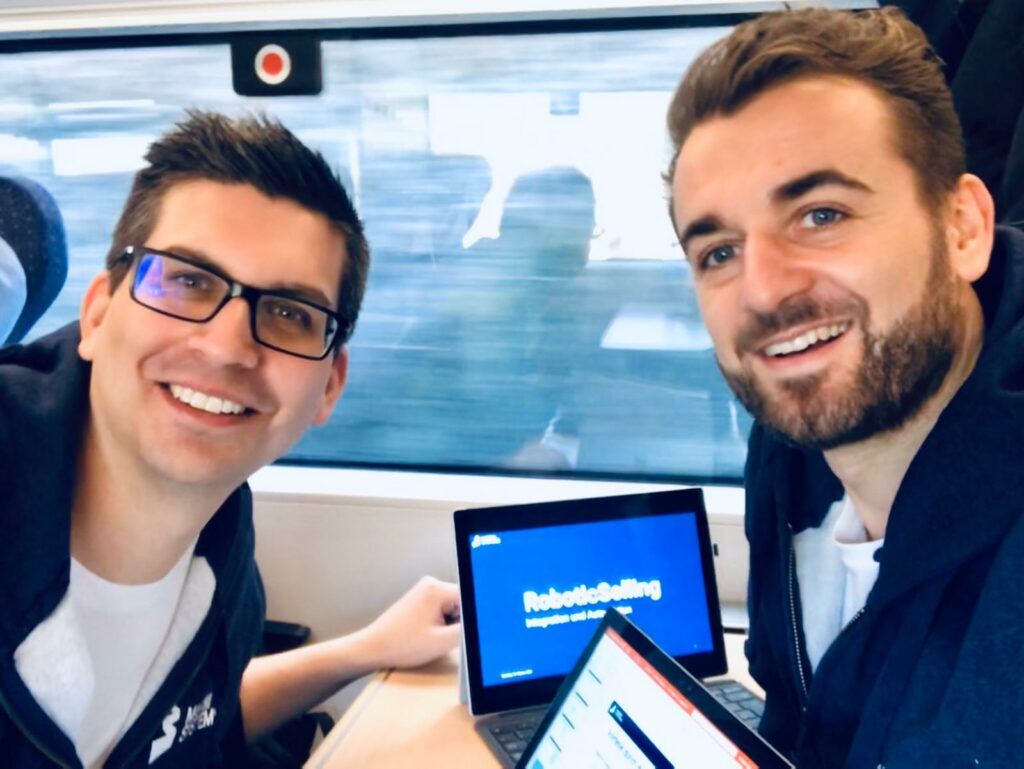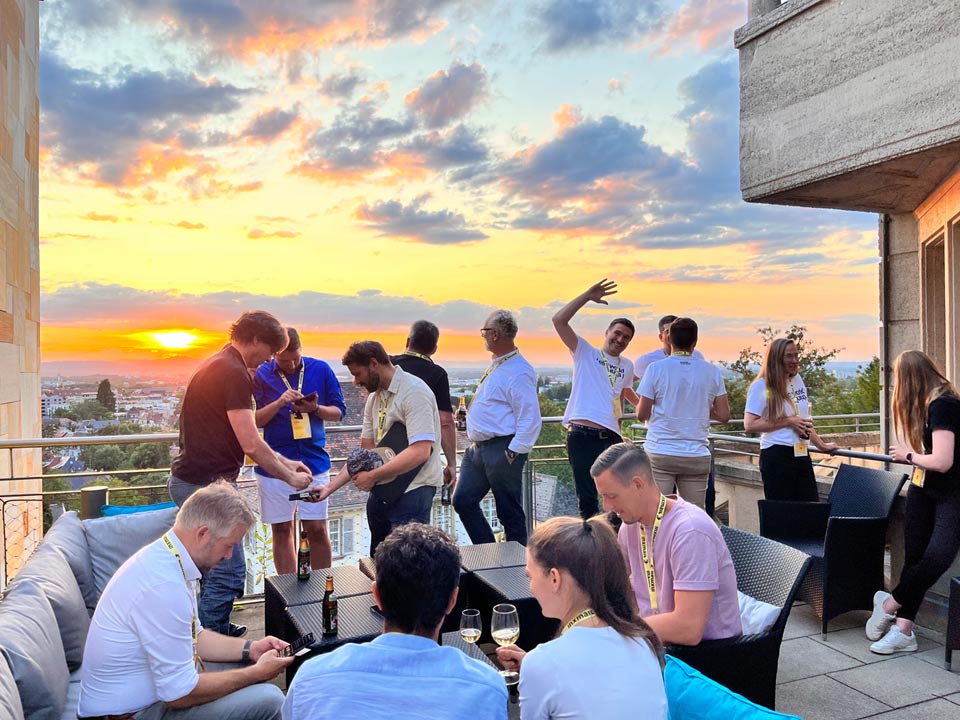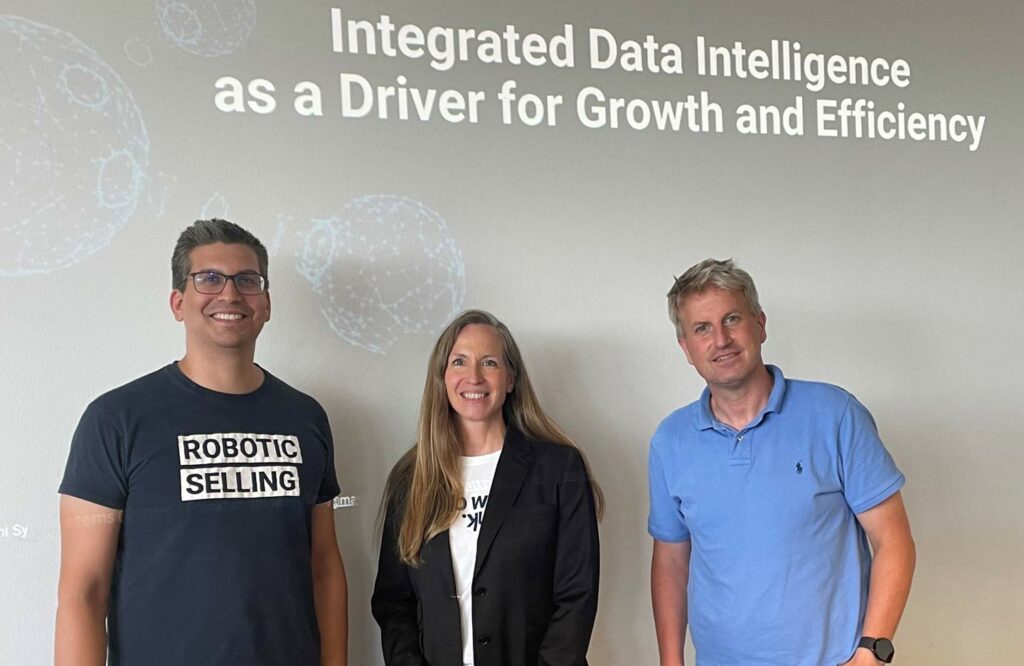Live presentation of Marini HubEngine and DataEngine during the German CRM Forum.
This year, we attended the German CRM Forum in Munich for the third time. The event already has a bit of a class reunion character. We always meet familiar faces and good partners there – such as Uniserv, SC-Networks and Flymint – and have stimulating discussions at their stands. While in recent years much of the discussion was about CRM systems per se, this year the focus was on integration. It is increasingly becoming an industry consensus: integration is the basic prerequisite for meaningful process automation across system boundaries. The industry now sees the added value of integration platforms and iPaaS approaches as correspondingly high. We see it that way, too, of course. That’s why we offer exactly that as a data integration company.
We are convinced: The integration and automation of processes is becoming a must in sales and marketing.
The CRM Challenge: the HubEngine live in action
On February 18th, 2020, the first day of the German CRM Forum, there were two highlights. The first was the presentation by our partner Flymint, who created a solution for account-based marketing and lead management at the energy supplier Mainova AG – based on the Marini Sales platform. We have already presented the project (and this presentation) in a news article of its own. This was followed in the afternoon by the “CRM Challenge”. Here, five CRM vendors presented their solutions live. In action were: ADITO, BSO, Marini Systems and Zenloop. The fifth participant was the agency morefire, which showed HubSpot as a CRM and marketing automation solution. As Head of Marketing Automation and Integration at Marini Systems, Andreas Gozian gave a live presentation of what our solutions can do and what benefits they offer. An always interesting use case for our iPaaS approach and process integration is provided by lead generation and automated lead qualification in the insurance industry. Here, the Marini HubEngine, the Marini DataEngine and the marketing automation solution Evalanche from SC-Networks are used. In this use case of an insurance company, the actual lead generation happens online when a download prospect signs up for an Evalanche form. Five sales opportunities are then automatically created – machine learning models calculate the specific closing probabilities for them. Through his response to an automated mailing via Evalanche, the lead can be further qualified – and the models recalculate the purchase probability. If a threshold value is reached at the end and the lead is ready for sales, there is automated lead routing: this lead is handed over to the appropriate consultant for personal contact. So we have a continuous, integrated and intelligently controlled marketing and sales process across the traditional boundaries of systems and departments.



